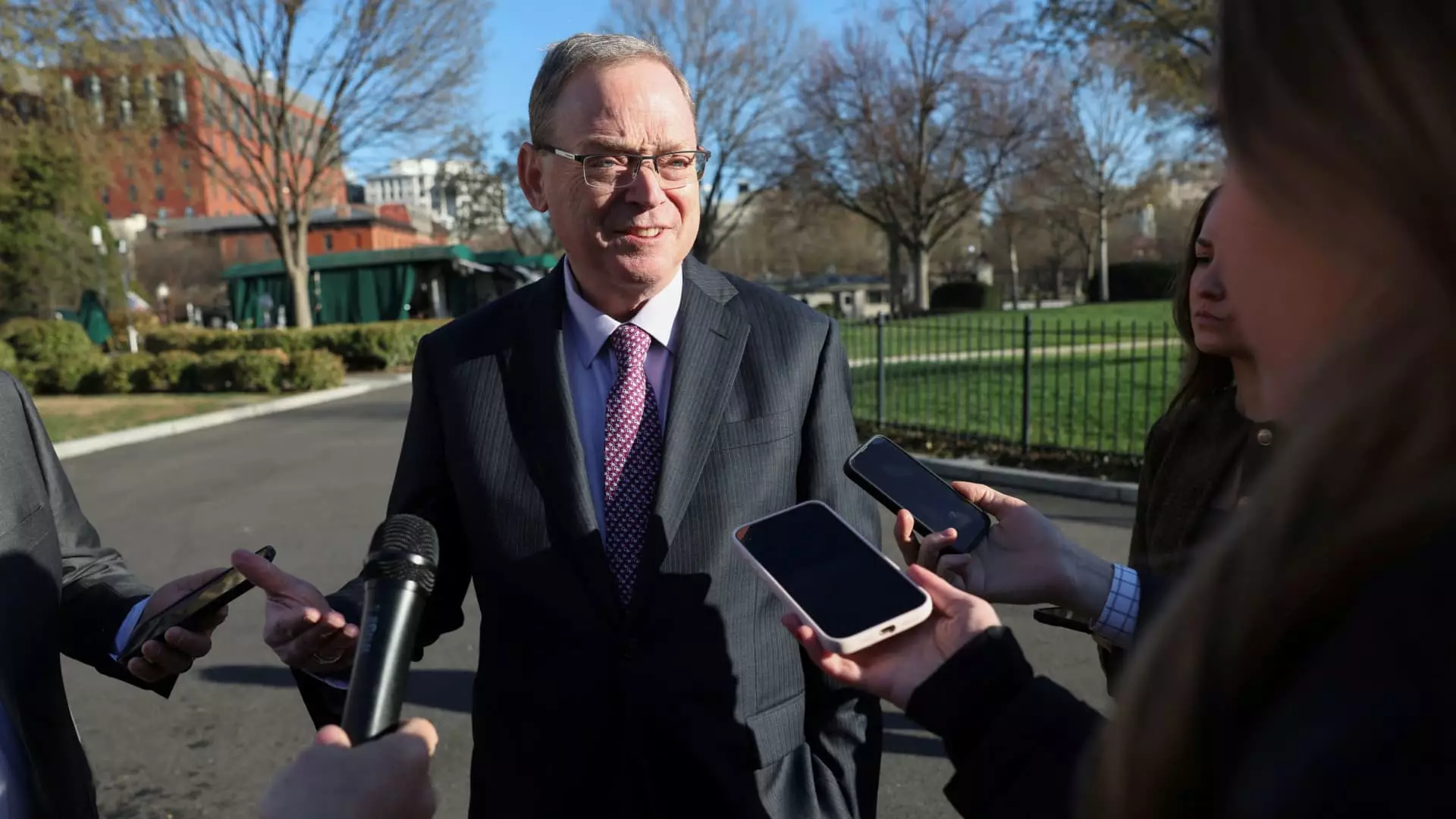In recent days, the abrupt firing of the Bureau of Labor Statistics (BLS) commissioner by President Donald Trump has sparked widespread concern, not only about the specifics of the case but about the very foundation of trust in our economic indicators. While officials like Kevin Hassett defend the move by citing revisions in employment data, this argument falls apart upon closer scrutiny. Revisions are a normal part of economic data’s iterative process; they are neither evidence of manipulation nor proof of the need to dismiss officials protecting the integrity of the system. Suggesting that such revisions constitute “hard evidence” of bias dangerously undercuts the credibility of an institution historically dedicated to impartiality.
The real issue at stake is whether political motivations are now seeping into the data that shapes economic policy and public perception. To accept that a handful of data revisions justify ousting a career official responsible for accuracy and transparency is to undermine the very principle of objective analysis. The narrative pushed by Hassett and others seems to imply that the government’s economic data must serve political interests—either by bolstering the current administration or minimizing criticism—rather than standing as a shield against misinformation.
This shift toward politicizing statistical agencies threatens the foundational trust civilians and markets rely on. If the public begins to believe that employment figures and economic indicators are suspect or manipulated, confidence in government transparency diminishes. That erosion of trust destabilizes the social contract and can have far-reaching consequences, such as increased market volatility and reduced faith in policy decisions.
The Risks of Weaponizing Data for Political Gains
The firing of Erika McEntarfer underscores an alarming trend—using job numbers as political tools rather than objective benchmarks. When political leaders dismiss or dismissively criticize data that doesn’t serve their narrative, they not only diminish the institution’s credibility but also threaten its independence. This practice fosters a dangerous environment where data becomes a battleground, vulnerable to partisan influence rather than evidence-based scrutiny.
Moreover, critics rightly warn that such actions could set a precedent. Future administrations, regardless of political affiliation, might be tempted to manipulate or undermine economic indicators to fit their messages—either by firing officials, pressuring data agencies, or distorting reporting standards. The independence of the BLS, a pillar of our democratic society, must be protected vehemently. Without safeguards, the entire framework of economic transparency could be compromised, leaving citizens and investors to navigate a landscape riddled with uncertainty and suspicion.
The concern extends beyond immediate political gains; it strikes at the core of how governance and policy should function—responsibly, transparently, and ethically. Political interference risks morphing routine statistical revisions into weapons of misinformation, ultimately damaging the legitimacy of the data on which millions depend.
Revisiting the Foundations of Economic Data Collection
Some voices argue that reliance on traditional survey methods to compile employment data is outdated. CEOs like Brian Moynihan propose alternative approaches, emphasizing resilience and predictability in data collection. While innovation in data gathering is necessary, abandoning established methods entirely would be a mistake. Instead, we should scrutinize the current processes, identify weaknesses, and strengthen them, ensuring they are robust against both technical flaws and political manipulation.
Yet, this focus should not overshadow the fundamental importance of transparency and professional integrity. The problem isn’t merely how data is collected but how it’s guarded against misinterpretation, misuse, or overt interference. If our policymakers and public officials prioritize accurate, unbiased information, they must support independent institutions like the BLS rather than undermine them.
Robust, credible economic metrics are essential to a healthy democracy. Their value lies in their capacity to inform public debate and shape responsible policy. When figures are dismissed or staff are removed under questionable circumstances, it sends a message that the truth is negotiable—a perilous proposition that can only deepen societal divisions and economic instability.
Ultimately, the controversy surrounding Trump’s decision to dismiss the BLS commissioner highlights a fundamental crisis: the fight to preserve the integrity of economic data amid political turbulence. It’s a stark reminder that we must be vigilant against attempts to distort or weaken the watchdogs of our economic reality. Only through unwavering commitment to transparency, professionalism, and independence can we maintain the public’s trust and ensure that economic policies rest on a solid, truthful foundation.
The challenge lies not solely with political figures but with society at large. We must demand that institutions retain their autonomy from partisan whims, recognizing that objective data—and the integrity it upholds—are vital for a fair, resilient, and transparent democracy. If we fail to do so, we risk dismantling the very mechanisms that illuminate the path toward a more equitable economic future.


Leave a Reply